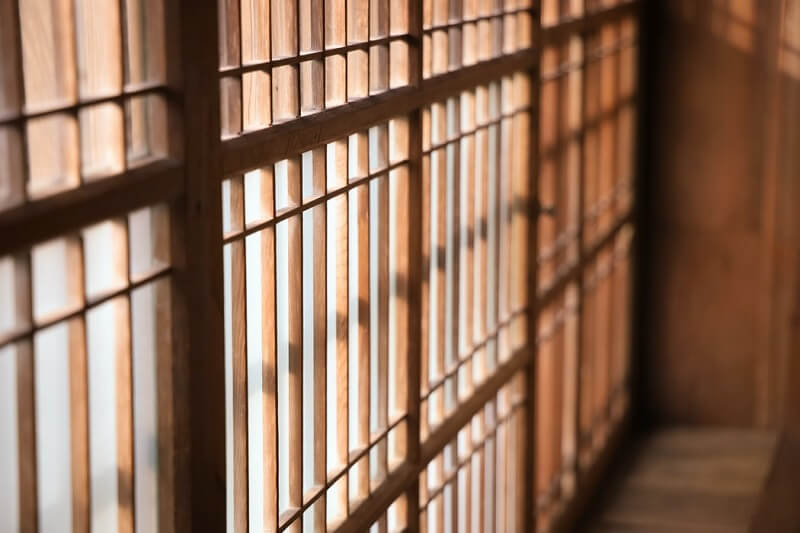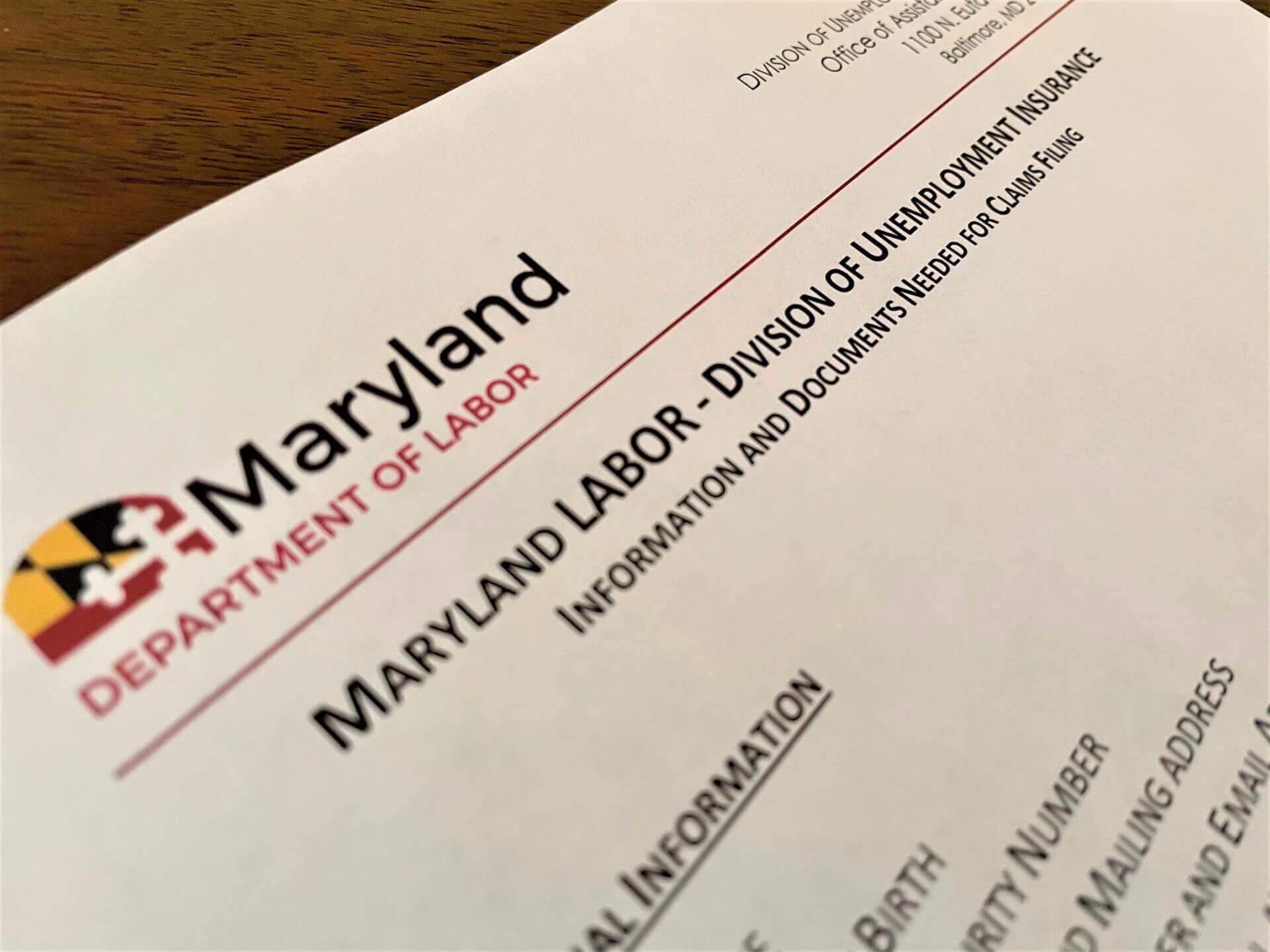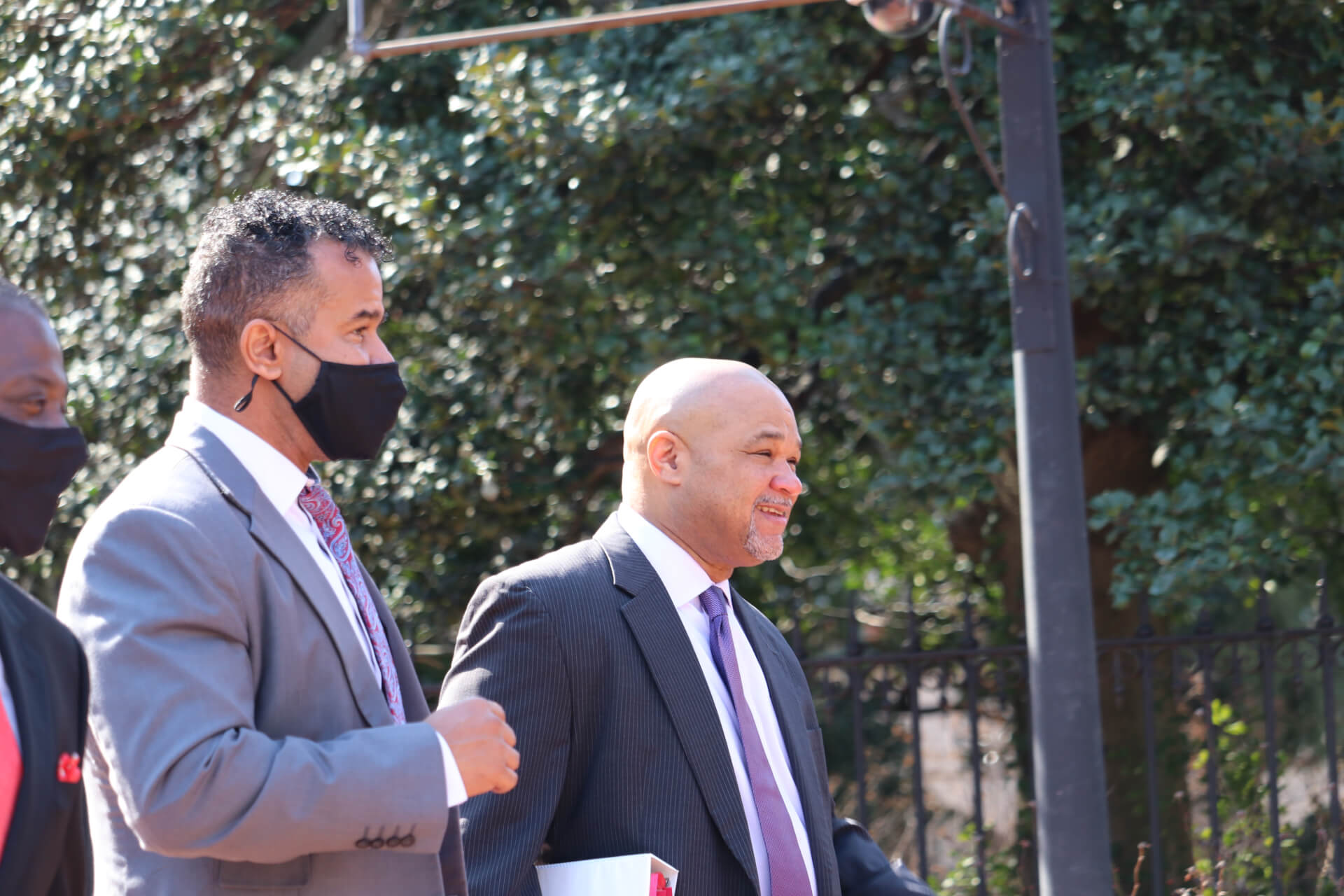
The U.S. Constitution’s 14th Amendment prohibits the government from discriminating against women. Maryland’s Equal Rights Amendment doubles down on that prohibition.
How could the “progressive” Free State have blatantly discriminated on the basis of sex for the past 11 years? Since December 2009, when the Maryland Department of Corrections closed the Baltimore Prerelease Unit for Women, Maryland has denied equal facilities and services to incarcerated women in “prerelease” status.
As the last phase of an incarcerated person’s sentence, prerelease is intended to facilitate gradual and effective re-entry into the community. Prerelease programs provide housing and job search assistance, guidance on connecting with local support services, therapeutic programs for mental health and trauma, and most importantly, successful reunification of incarcerated individuals with their children and families. Good prerelease programs reduce recidivism.
The most effective prerelease programs are in or near the returning person’s home community. Maryland operates eight stand-alone men’s prerelease or mixed minimum security/prerelease facilities across the state. By contrast, DOC operates not one such facility for women — a clear violation of the equal protection our constitutions require.
Since shuttering the Baltimore unit (which DOC incorrectly claimed was cost-saving), DOC has housed women who have earned prerelease status at the Maryland Correctional Institution for Women in Jessup, a multi-status prison which includes women in maximum-security status.
Families, those inside, and advocates report that many eligible women are not even classified for prerelease, allowing DOC to claim the numbers are too low to justify the expense. But as a matter of law, small numbers, accurate or not, cannot justify the denial of equal protection.
Prerelease services for women living in a prison are not remotely equal to those provided for men.
Just a few glaring inequities:
- MCI-W houses women in prerelease status in cells dispersed among prisoners of all security statuses, including maximum security, rather than in a separate unit. This results in tension and conflict between women in maximum security status and those in prerelease status, as the former have no incentive to see the latter succeed. The assault rate at MCI-W, already higher than at men’s prerelease centers, is increasing.
- Both men and women in prerelease status must pay a significant portion of their hourly earnings as rent and board. Rather than paying to live in relatively unconstrained housing, women in prerelease at MCI-W pay to “rent” cells governed by prison regulations. The state cannot have it both ways.
- MCI-W’s isolated location is incompatible with adequate prerelease services. Outside work options are limited to low-wage jobs at a truck stop or a single fast-food restaurant that offer little job skill development. Women from communities far from Jessup must find new jobs upon release. Men in prerelease unit across the state have far more job options. Also, because public transit does not serve MCI-W, women ride to work in prison vans (for which they pay a fee), and do not learn how to navigate public transit — a necessary skill for the 40% of women who will be returning to Baltimore and others as well.
- As a prison rather than a prerelease center, MCI-W offers no internet access — inhibiting women from securing jobs and housing prior to release.
- Men in stand-alone prerelease units come and go during the day. They can earn the privilege of weekends with family. Women in prerelease at MCI-W cannot. This is a critical difference, because the most vital aspect of prerelease is successful reunification of parents and children. Nationally, two-thirds of incarcerated women are mothers, and close to half of those incarcerated mothers are the single head of their households. The importance of family reunification is paramount. MCI-W’s location and lack of public transit means that families must pay for private transportation to visit. Even if family members can afford travel costs, a maximum-security prison is not conducive to family visitation. A community-based prerelease center would allow the women extended visits with children and families, and children could visit their mothers in a far less frightening environment.
In the end, housing women in prerelease status at MCI-W defeats the very purpose of prerelease: preparation to return to the community.
MCI-W is nobody’s community. Consequently, unlike men, incarcerated women return home without jobs and housing, without learning or re-learning basic life skills, disconnected from their communities, and most importantly, without having laid the groundwork for successful family reunification. That is bad for them and bad for our society.
This unequal treatment can end now, if the General Assembly overrides Gov. Larry Hogan’s veto of the Gender-Responsive Prerelease Act, which requires DOC to operate a stand-alone prerelease unit for women in Baltimore. The bill also requires evidence-based, trauma-informed, innovative programming, designed for women’s specific needs, with important educational, vocational, health, therapeutic, parenting, planning and other services.
The General Assembly did the right thing, both legally and morally, by passing the Gender-Responsive Prerelease Act during the 2020 legislative session. Under cover of COVID, Gov. Hogan got it wrong by vetoing that legislation. The General Assembly must fulfill its 2020 commitment to gender equality for Maryland’s most hidden, voiceless and powerless women by overriding the governor’s veto immediately.
Incarcerated women in Maryland who have earned prerelease status deserve equal facilities and programs to men’s, as required by both the U.S. Constitution and the Maryland Equal Rights Amendment.
Gov. Hogan’s veto of the Gender-Responsive Prerelease Act has left the state open to a class-action lawsuit that could be costly and would likely end in the same result: DOC will be required to operate a prerelease center for women.
Rather than sanction spending taxpayer money to defend an indefensible lawsuit, the General Assembly should override the governor’s veto and require DOC to devote those resources to a women’s prerelease center that will do what incarcerated women need and deserve: help returning women build an equal foundation for successful re-entry to their — and our — communities.
— DEBRA GARDNER
The writer is the legal director of the Public Justice Center.




 Creative Commons Attribution
Creative Commons Attribution